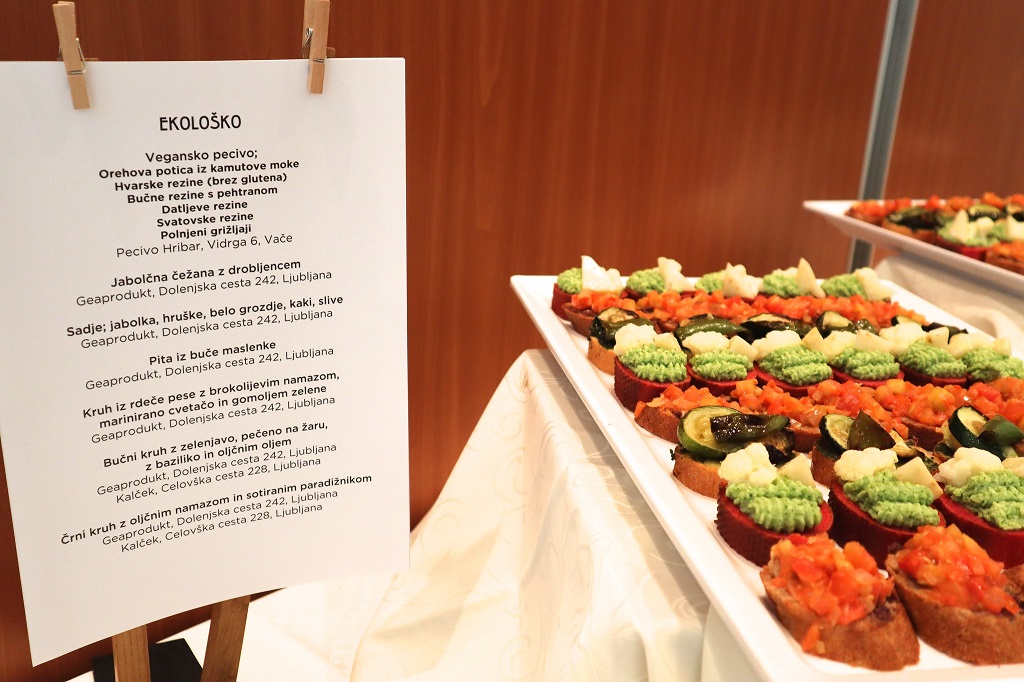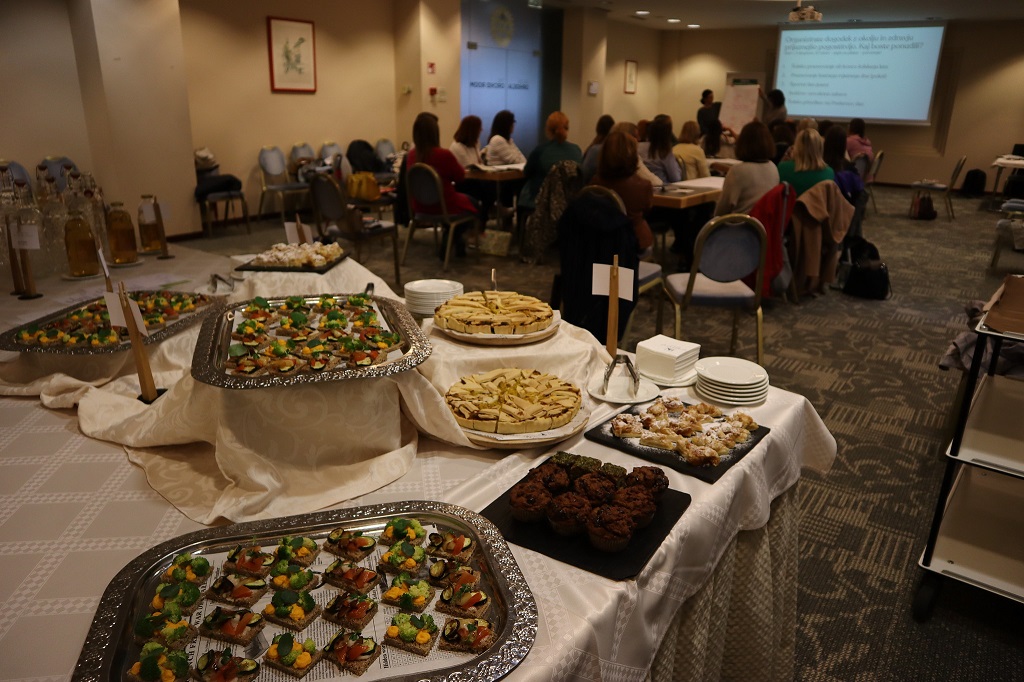How events can be the best awareness-raising tool, according to Gaja Brecelj

Share news
Listen
Umanotera is a Slovenian NGO which works in environment protection. It has been active for almost 30 years, and has focused on sustainable events for 10 years. They help organisations plan more sustainable events, but more than purely giving green instructions, they started working in sports events, which according to Gaja are “a very good tool to communicate and raise awareness. Many people attend, they are happy and there is a strong momentum, they are receptive to messages, and can bring home the sustainable practices which they experienced at the event”. Her NGO even wrote a toolkit on sustainable sports events.

We met Gaja in Ljubljana when she gave a talk with a few home truths about the responsibility of our industry. She explained how severe the climate crisis is and explained that “we are in such a deep climate crisis, that there is no time for small steps. The event industry wants to take small steps, but we can’t do that anymore”. Figures, to back this up? “Our carbon footprint is 5 times more than what it should be to ensure climate balance: we emit 8 tons of CO2 per year per person, when we should emit just 1,5 tons to avoid complete climate breakdown”.
She stresses the various dimensions on which we can act in our events activity.
First, we can reduce their environmental impact, and conceive them in a more responsible way. For that, you have to understand the impact you have with your events. It is not the same to take out plastic bottles as not flying. “We are happy to take out the plastic bottles of our events, but flying 200 people for a couple of hours has a much more serious impact”. She thinks that definitely, CO2 should be is a key focus, and flying is a problem: one flight from Ljubljana to New York means 1,9 tons of CO2 per person, which is already more than one should emit in a whole year. If a speaker comes only for 2 hours, get him on zoom. Food is also a big factor, and the ratio of plant-based food versus animal-based has to increase a lot.
Is carbon offset a solution? “This is not the first thing we should be focusing on: you should really strive to cut emissions; once you have minimised the carbon footprint, compensating is obviously positive”.
Second, we should organise only the necessary events. “You have to think how many events you run per year, and see if you can organise fewer, better and more impactful events. Less is more, you should take out the events which are not necessary. “I don’t think we should stop travelling and all be on Zoom. We would be become more closed and nationalistic, when travelling opens our minds and helps us understand others and create new ideas. You should still travel but avoid the weekend break to New York: go less often, go for longer, more significant trips to understand the local culture and have time to experience it”.

Third, we should make sure events, especially large ones, leave a legacy for the local community. For instance, building a cycling path for the local community is a way to make sure the event has a positive long-term social and environmental impact.
Fourth and foremost, we should capitalise on the strength of events as a communication tool: she reminds us that people come to events open-minded, receptive, positive, ready to share, and it is a perfect opportunity to raise interest, stimulate conversation and debate, and show the way.
She prefers to be tactful in the way of communicating it. “Not all communication is ‘in your face’, frightening people or making them feel guilty. It is often much more subtle”, for instance just putting in the menu “plant-based dish xxx” or “fair trade coffee”, to communicate the change without being too aggressive. “In general communication should be fun; we are not taking something away from people, we are making things better. If you take away plastic bottles, don’t be silent about it, or people will feel you have taken something away from them; if you explain, they will be proud of being part of this momentum. Talk about your efforts in a fun and creative way, using stories. We don’t communicate using fear, people have to feel good in the event, just make sustainability fun”. And very important – only communicate what you have done and avoid greenwashing.
But the need to take care of the state of our planet is also for our own interest: “climate change will affect events: with heat waves, we won’t organise events outdoors for part of the year; snow will disappear affecting winter sports events; extreme climate phenomena will affect events too…”. Besides, “we are not saving the planet, we are saving ourselves. The planet will be here after us, we are just saving our well-being on the planet”. So be selfish: preserve the environment!!











